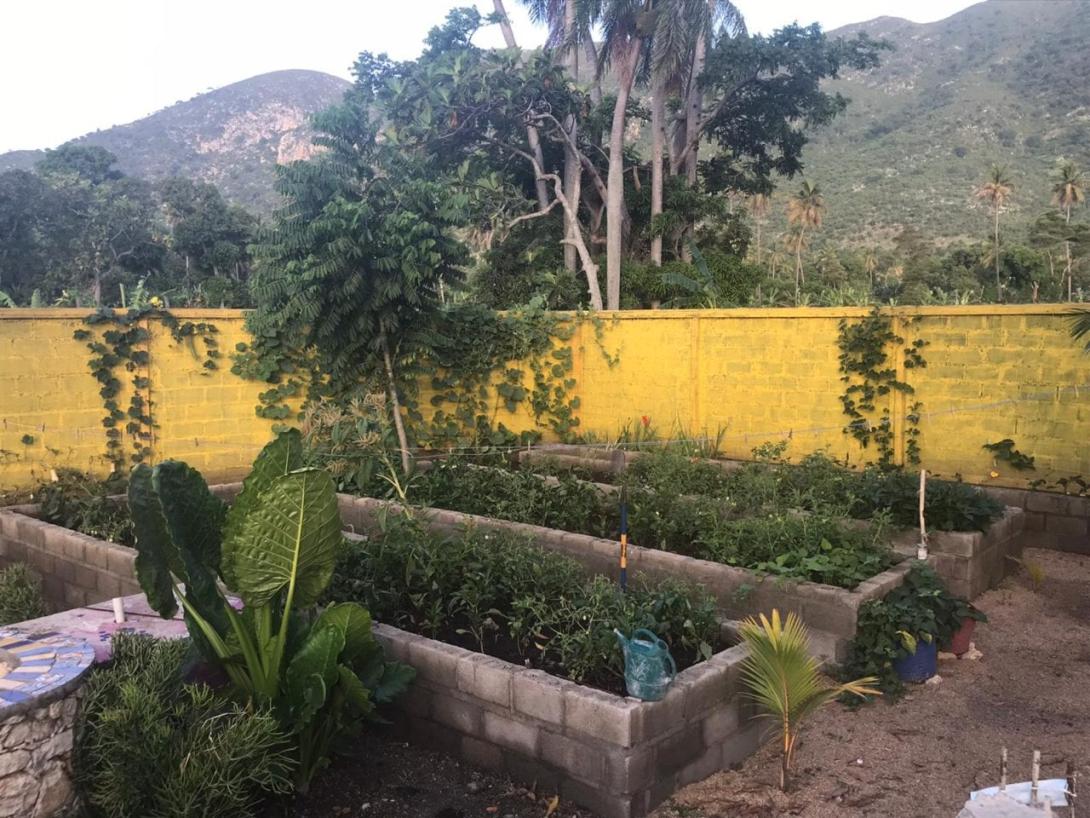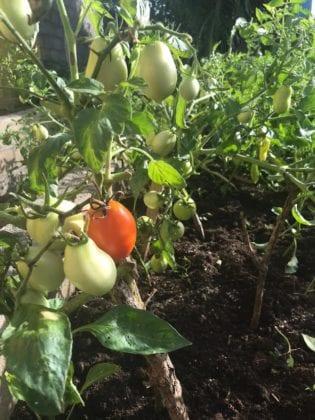Composting to Restore Soil Health with Konpòs Lakay

In rural areas of Haiti, agriculture production and farming are important occupations for many people. Agriculture is Haiti’s main industry and makes up over 60% of the workforce, with main global exports including mangoes, coffee, papayas and spinach. However, food production can still be quite challenging for many farmers due to depleted soils and periods of drought. Additionally, years of foreign intervention and policy have forced Haiti to rely heavily on cheap global imports for food supply, which has distorted the market for some crops, leaving the supply chains within and into Haiti fragile. This limits access to good sources of food for many Haitians.

In light of these challenges, it is increasingly important to look at innovative ways to strengthen food supply chains and replenish overburdened ecosystems within Haiti. Fertilizer use in Haiti has been a common practice to increase land productivity and crop yields. While chemical fertilizer applications do increase crop yields, they do not nourish long-term soil health and create resilient ecosystems in the same way that organic soil supplements can. In fact, each application of chemical fertilizer depletes the soil, making the next year’s harvest more challenging. Compost has the opposite effect, building up the soil’s health and increasing its resiliency and yield capability year over year. SOIL's Konpòs Lakay model was designed to support soil health through the transformative process of recapturing nutrients from human waste, creating an agricultural grade compost from the waste treatment process, and using the compost to revive depleted soils.
SOIL’s compost is sold to local farmers and other stakeholders in the ag sector to help grow food and support agricultural production, from urban farm initiatives to reforestation projects. We recently spoke with Mary Clisbee, one of SOIL’s compost customers and a resident of Saint-Raphael, a municipality located about 63 kilometers from Cap-Haitien. Mary has her own garden and uses SOIL’s compost for its beneficial results to her soil and crops. According to Mary, "the compost is of very high quality, and is completely and properly composted." Mary believes that SOIL’s compost is an important tool for Haiti’s ecosystem and food production development: "people need to be educated on the importance of compost and how it can help them grow their food," she said. We agree! If you’re interested in learning more about compost and what it can do, check out this 2018 New York Times Magazine piece featuring longtime SOIL friends John Wick and Peggy Rathmann.